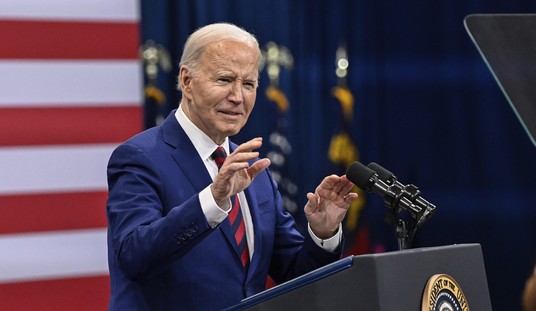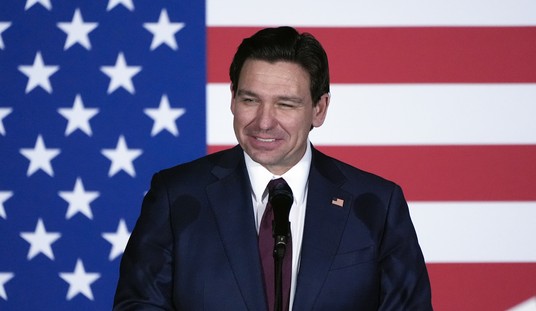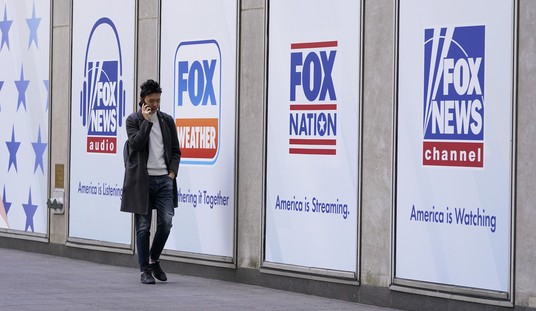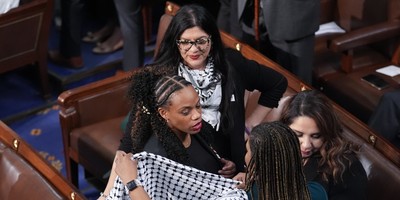As Justice Roberts writes in the majority opinion:
To put it in the simplest terms, the aggregate limits prohibit an individual from fully contributing to the primary and general election campaigns of ten or more candidates, even if all contributions fall within the base limits Congress views as adequate to protect against corruption. The individual may give up to $5,200 each to nine candidates, but the aggregate limits constitute an outright ban on further contributions to any other candidate (beyond the additional $1,800 that may be spent before reaching the $48,600 aggregate limit). At that point, the limits deny the individual all ability to exercise his expressive and associational rights by contributing to someone who will advocate for his policy preferences. A donor must limit the number of candidates he supports, and may have to choose which of several policy concerns he will advance—clear First Amendment harms that the dissent never acknowledges.
It is no answer to say that the individual can simply contribute less money to more people. To require one person to contribute at lower levels than others because he wants to support more candidates or causes is to impose a special burden on broader participation in the democratic process.
Recommended
As the syllabus to the decision lays out, contributing money to political candidates is a form of free speech - so there are great first amendment implications, and the government must clear a very high bar in order to justify restrictions on free speech. This SCOTUS majority has found that the aggregate limits are too big an imposition even if the individual limits are not.
It's important to remember two things here. Donations to candidates on an individual basis are still capped at $5200, so no matter if you're electrician Joe Sixpack or Charles Koch, you can't give more than that. And despite the histrionics of "buying elections," money doesn't really matter much. It's difficult to parse out if money flows to candidates who are the most electable or if money helps candidates get elected, but the political science literature shows that there has to be a massive discrepancy in campaign spending in order for there to be a measurable difference.
The implications of this decision are still unknown, but it's likely that the growing prominence of SuperPACs may slow a little bit. SuperPACs were used partly as a way of getting around aggregate spending limits - SuperPAC donations weren't subject to the same limits, so now a campaign financier doesn't have to go through those kinds of back channels in order to support the candidates she might want to support.
For advocates of more freedom when it comes to election donation law, this is a victory.

























Join the conversation as a VIP Member